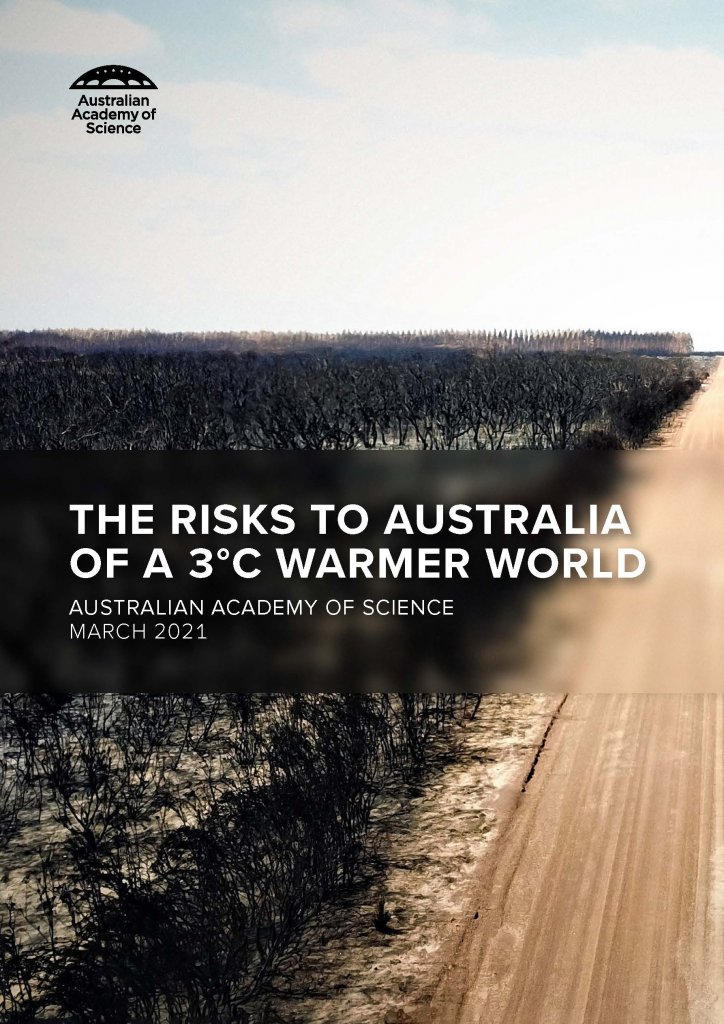
This article is part of the ISC’s Transform21 series, which features resources from our network of scientists and change-makers to help inform the urgent transformations needed to achieve climate and biodiversity goals.
In recent years, the consequences of a warming planet have become all the more visible in Australia. The Great Barrier Reef – the world’s largest coral reef system – has experienced three mass bleaching events in the past five years. For the first time ever, fire conditions in 2019-2020 were classified as ‘catastrophic’, with devastating consequences for human life, for the environment, and for the economies of affected areas. As a dry continent in which around 90% of the population lives in cities and towns, Australia is highly vulnerable to the effects of climate change.
That’s why a new Report from the Australian Academy of Science, an ISC Member, calls for urgent action:
“Current international commitments to greenhouse gas emission reduction, if unchanged, would result in average global surface temperatures that are 3°C above the pre-industrial period in the lifetimes of our children and grandchildren. The evidence presented in this risk-assessment report, which is based on peer-reviewed scientific literature, indicates that this would have serious consequences for Australia and the world. Australia must revisit its emission reduction commitments and work with other countries to provide the leadership and collaboration required to place Australia and the world on a safer climate trajectory.”
Ove Hoegh-Guldberg, Australian Academy Fellow and Chair of the Expert Panel for the Report.
Reaching net zero emissions by 2050 is an ‘absolute minimum’ if we are to avoid the worst impacts of climate change, say the Report’s authors. However, Australia is in a good position to implement the changes required, with a strong scientific community, stable landscape for business and abundant renewable energy resources. Acting early to transition to net zero, say the authors, would bring new opportunities for economic development, and have significant benefits for human health and wellbeing.

The risks to Australia of a 3°C warmer world
Australian Academy of Science (2021). The risks to Australia of a 3°C warmer world.
In the run-up to COP26 in November 2021, the ISC will be exploring the latest news and opinions from our community on how to raise ambitions for transformation in a pivotal year for climate and biodiversity policy.
Photo by Arun Clarke on Unsplash